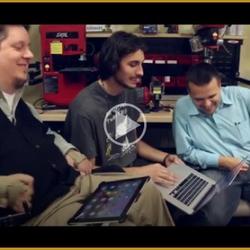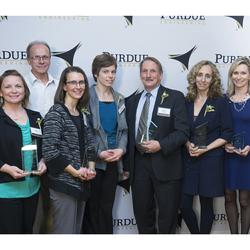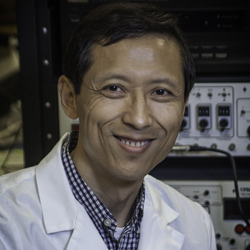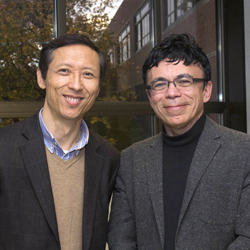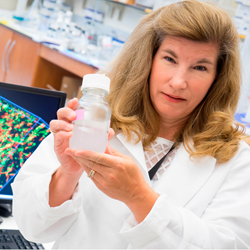December 18, 2015
Purdue startup commercializing assistive wheelchair technology receives $200,000 from NSF
A Purdue startup has received federal funding to further develop an assistive wheelchair technology that allows power wheelchair users an efficient and easy-to-use method to more easily position and remove an iPad and other mobile devices.

